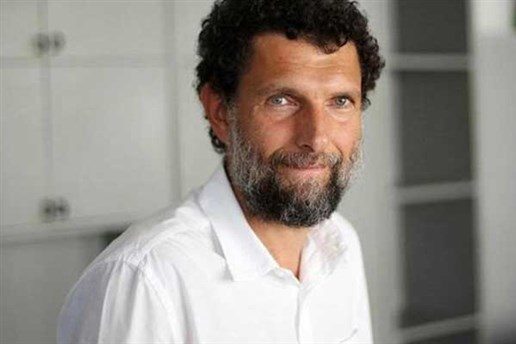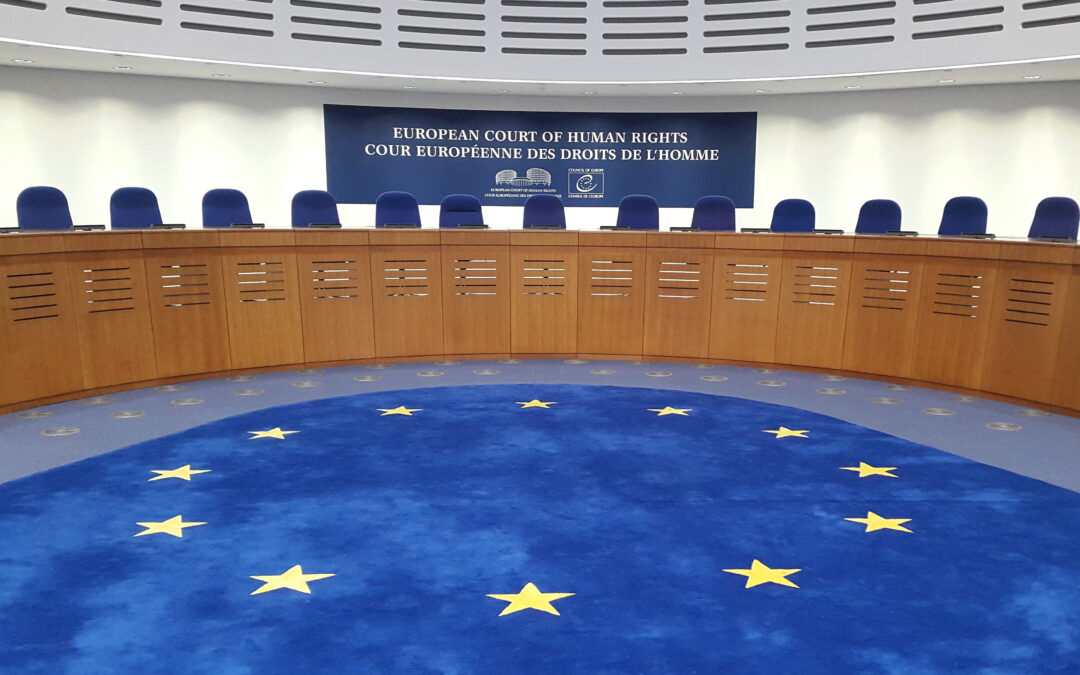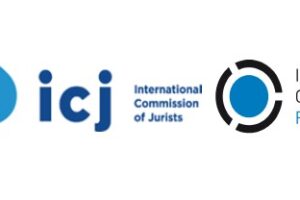
Oct 18, 2022 | Cases, Legal submissions, News
The International Commission of Jurists (ICJ), European Council for Refugees and Exiles (ECRE), the AIRE Centre and the Global Campus of human rights have submitted a joint third party intervention before the European Court of Human Rights in the case of a A.D. v Malta, concerning the detention of a child seeking asylum in Malta.

May 6, 2022 | Advocacy, Cases, Legal submissions
The ICJ and the Norwegian Section of the ICJ intervened in the case GreenPeace Nordic and Others v. Norway before the European Court of Human Rights.

Dec 3, 2021 | News
The Council of Europe’s Committee of Ministers decision notifying Turkey it will start infringement proceedings over its failure to comply with the European Court of Human Rights’ (ECtHR) order to free the jailed human rights defender Osman Kavala is a welcome step, Human Rights Watch, the International Commission of Jurists, and the Turkey Litigation Support Project said today.

Sep 23, 2021 | News
The International Commission of Jurists (ICJ) and the Swiss Section of the ICJ have submitted a third party intervention before the European Court of Human Rights in a case against Switzerland challenging its lack of sufficient action to prevent climate change and thereby protect human rights.

Jun 30, 2021 | News
The Polish government should immediately reinstate two judges removed from their posts in line with the newly released judgment of the European Court of Human Rights, said the International Commission of Jurists (ICJ) today.









